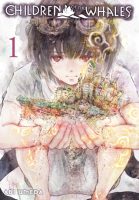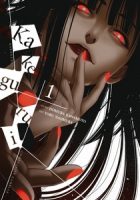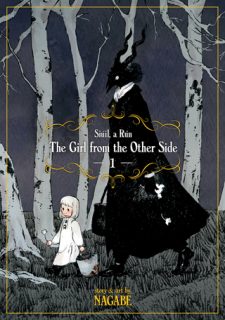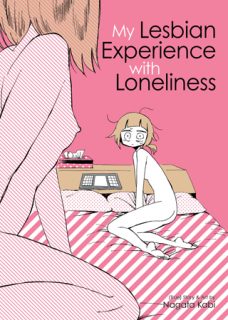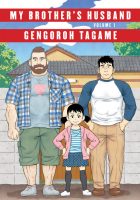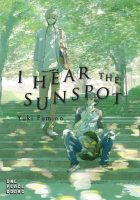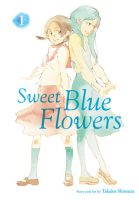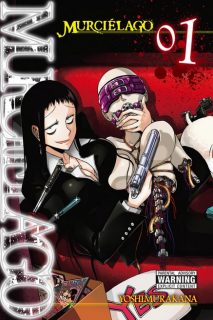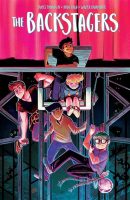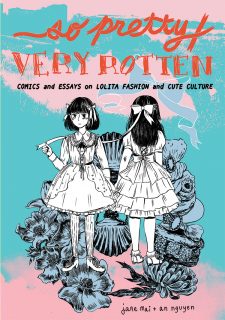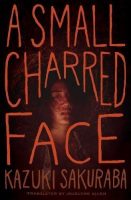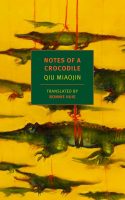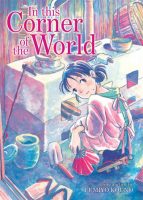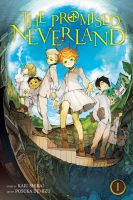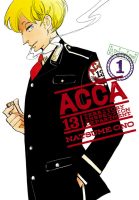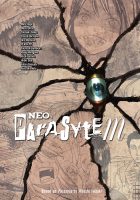The end of the year is almost here and I’ll soon be entering semi-retirement as a manga blogger, but there’s still time for one last giveaway here at Experiments in Manga. The winner of this final contest will have the opportunity to choose any single volume of manga released in 2017 as a prize. (Basically, no boxsets. Omnibuses are still fair game. The volume will likely still need to be in print.) And as usual, the giveaway is open worldwide!
WINNER’S CHOICE!
2017 was a great year for manga. Publishers continued to expand their print and digital offerings. Genres and titles that at one point seemed untouchable in the past were licensed and released. There were deluxe editions, rescues and reissues, and so much more. I recently wrote about some of the debut manga published within the last year that to me were notable for one reason or another, but that post featured only a very small tip of a very large iceberg. This is a great time to be a manga fan.
So, you may be wondering, how can you win your choice of a manga released in 2017?
1) In the comments below, tell me which volume of manga released in 2017 you would like to win and why. (Need some help figuring out what was published? Check out non-preorders from pages 4-15 of RightStuf’s online manga catalog for some ideas.)
2) For a second entry, tell me a little about something that you read in 2017, manga or otherwise, that you particularly enjoyed. (It can be a release from any year.)
3) If you’re on Twitter, you can earn a bonus entry by tweeting, or retweeting, about the contest. Make sure to include a link to this post and @PhoenixTerran (that’s me).
And there you have it! Participants have one week to submit comments and can earn up to three entries for this giveaway. Comments can also be sent directly to phoenixterran(at)gmail(dot)com if needed or preferred. I will then post the comments here in your name. The giveaway winner will be randomly selected and contacted on January 3, 2018.
VERY IMPORTANT: Include some way that I can contact you. This can be an e-mail address in the comment form, a link to your website, Twitter username, or whatever. If I can’t figure out how to get a hold of you and you win, I’ll just draw another name.
Contest winner announced–Congratulations, Nate E.!

